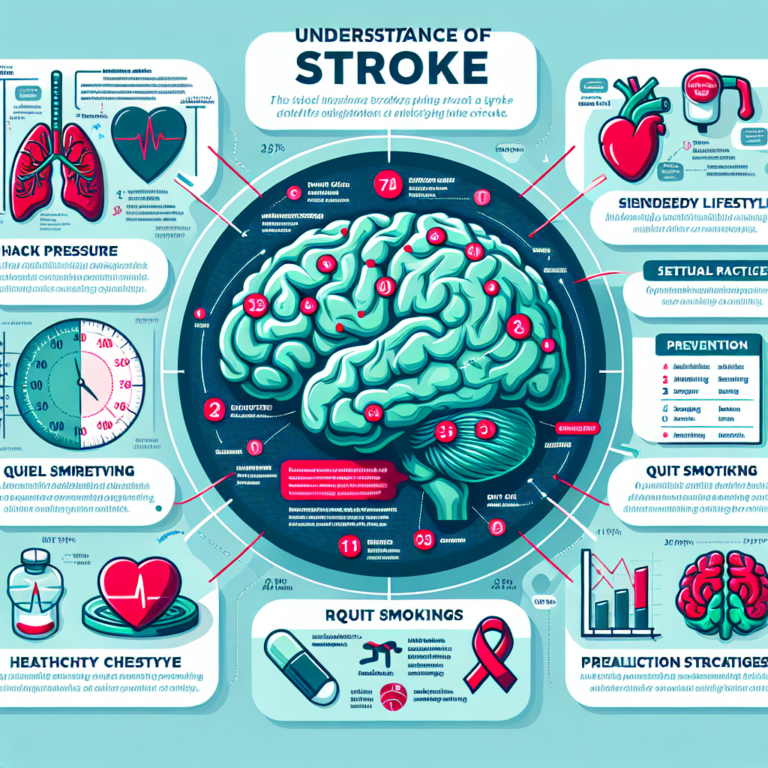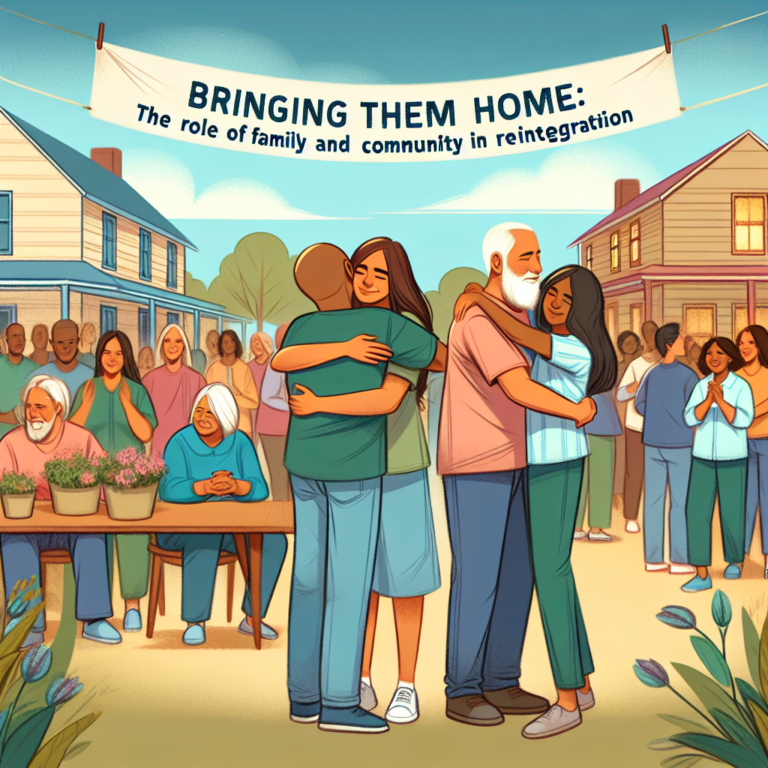
Introduction
In a world where stress is an unavoidable companion, our coping mechanisms significantly influence our emotional health. Traditional frameworks often categorize these strategies as either adaptive or maladaptive, typically positioning avoidance mechanisms in a negative light. However, a deeper dive reveals that the concept of coping mechanisms is far more nuanced. This article explores "From Avoidance to Adaptation: Shifting Perspectives on Coping Mechanisms", offering valuable insights into how we can reposition our coping styles to foster resilience and growth.
Understanding Coping Mechanisms
What Are Coping Mechanisms?
Coping mechanisms are strategies we employ to navigate stress and emotional upheaval. They can be broadly divided into two categories: avoidant and adaptive. While avoidant mechanisms can bring temporary relief, they often exacerbate issues in the long term. Conversely, adaptive mechanisms help us deal with stressors constructively.
The Spectrum of Coping
Imagine a spectrum where avoidance lies on one end and adaptation on the other. This conceptualization helps us understand that coping is not merely a black-and-white issue; rather, it represents a range of behaviors.
| Coping Type | Characteristics | Examples |
|---|---|---|
| Avoidant | Tends to bypass stressors; often provides temporary relief. | Substance abuse, denial, procrastination. |
| Adaptive | Designed to confront and manage stressors; leads to growth. | Problem-solving, mindfulness, seeking support. |
The Dangers of Avoidance
Why We Avoid
Avoidance is an instinctive response; we are wired to steer clear of pain and discomfort. Yet, while it may offer short-term relief, long-term avoidance can lead to heightened anxiety, unresolved issues, and decreased emotional resilience. Case studies highlight this phenomenon, such as the research conducted by the American Psychological Association, which found that individuals utilizing avoidant coping strategies were more likely to develop chronic health issues.
Case Study: The Impact of Avoidance on Mental Health
A progressive study followed 500 adults over five years, measuring their coping strategies against various health outcomes. Results indicated that those who relied heavily on avoidance, such as escapist behaviors or denial, experienced significantly higher rates of anxiety and depression. This highlights the pressing need to shift from avoidance to more adaptive strategies.
Recognizing Adaptive Mechanisms
What Constitutes Adaptive Coping?
Adaptive coping strategies are those that actively confront challenges rather than bypassing them. These methods not only help to manage stress but enable personal growth. Common adaptive strategies include:
- Problem-solving: Actively seeking solutions to challenges.
- Mindfulness: Engaging in practices that enhance present-moment awareness.
- Social support: Developing strong, positive relationships for emotional backing.
The Power of Adaptation
Adaptation extends beyond dealing with stress; it is about learning from experiences. When we transition "From Avoidance to Adaptation", we harness challenges as opportunities for growth—building resilience.
Real-World Applications of Adaptive Coping
Case Study: The Resilient Athlete
Consider an elite athlete facing a career-threatening injury. Initially, the athlete may resort to avoidance—refusing to acknowledge the severity of the injury. In time, through therapy and support, they shift their perspective: from avoidance to adaptation. They begin to focus on rehabilitation, setting new goals, and rediscovering their identity outside of competitive sports. This shift not only helps in recovery but also enhances their mental resilience.
Lessons from Workplace Dynamics
In corporate settings, teams often encounter stress from tight deadlines or conflicts. A leading tech company found that employees who engaged in adaptive coping (like open communication and collaborative problem-solving) performed better overall. By offering support resources and encouraging adaptive strategies, the company experienced a 25% increase in productivity.
Enhancing Coping Strategies
The Role of Mindfulness
Mindfulness — the practice of being present — is a powerful tool in the transition from avoidance to adaptation. Research indicates that mindfulness can reduce stress and improve emotional regulation, making it easier to respond proactively to challenges.
Techniques for Developing Adaptive Coping
- Cognitive Behavioral Techniques: Reframe negative thoughts to see challenges as opportunities.
- Self-care: Prioritize physical and emotional well-being through exercise, nutrition, and leisure.
- Goal-setting: Set realistic, achievable goals to foster motivation and clarity.
Conclusion
Shifting "From Avoidance to Adaptation" is not merely about managing stress but embracing life’s challenges as opportunities for growth. By recognizing and adapting our coping mechanisms, we can build resilience and emotional fortitude, helping us navigate the complexities of life with grace and confidence.
As you embark on your journey toward adaptive coping, remember that every challenge is a stepping stone to becoming a stronger, more resilient version of yourself.
FAQs Section
1. What is the difference between avoidance and adaptive coping?
Avoidance coping involves bypassing stressors and emotions, often leading to unresolved issues. Adaptive coping strategies actively engage with challenges to find constructive solutions.
2. How can I improve my coping mechanisms?
You can improve your coping strategies by learning mindfulness, setting achievable goals, seeking social support, and using cognitive-behavioral techniques.
3. Is avoidance always negative?
Not necessarily. While chronic avoidance can be detrimental, occasional avoidance can provide temporary relief and serve as a coping mechanism when faced with overwhelming situations.
4. Can adaptive coping lead to personal growth?
Absolutely! Adaptive coping techniques often promote resilience, emotional awareness, and personal development, enabling you to handle future challenges more effectively.
5. How can I support others in their coping journey?
Offer emotional support, encourage open communication, and suggest adaptive coping strategies without judgment, fostering a safe space for discussions around stress and anxiety.
The journey "From Avoidance to Adaptation" is often challenging but ultimately rewarding. Embrace it!















